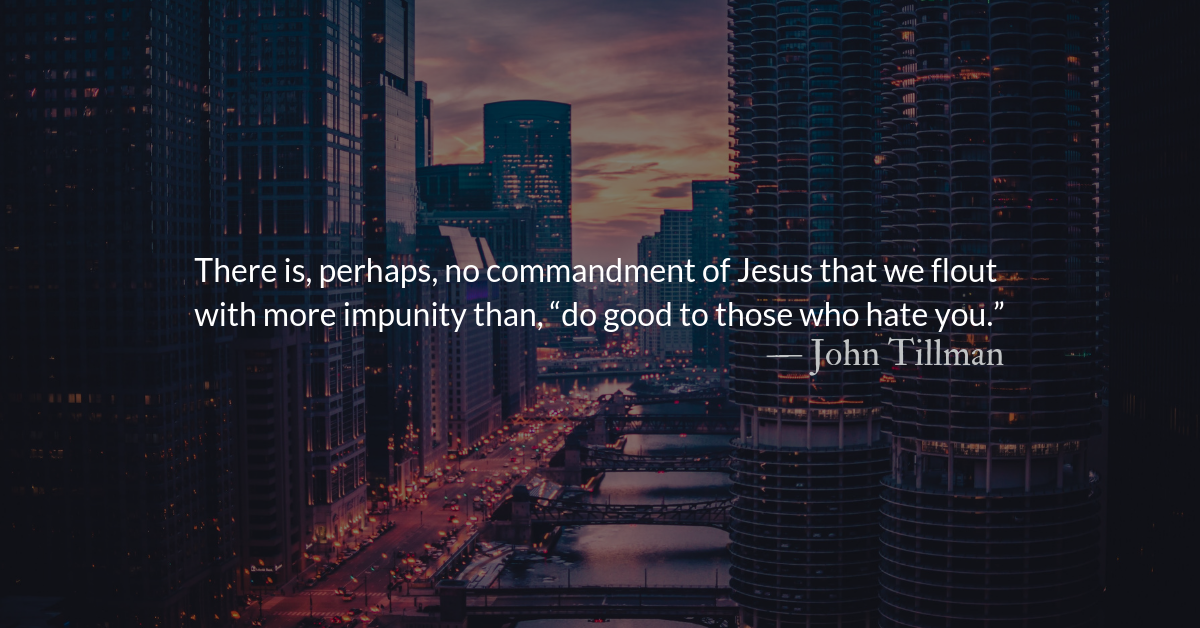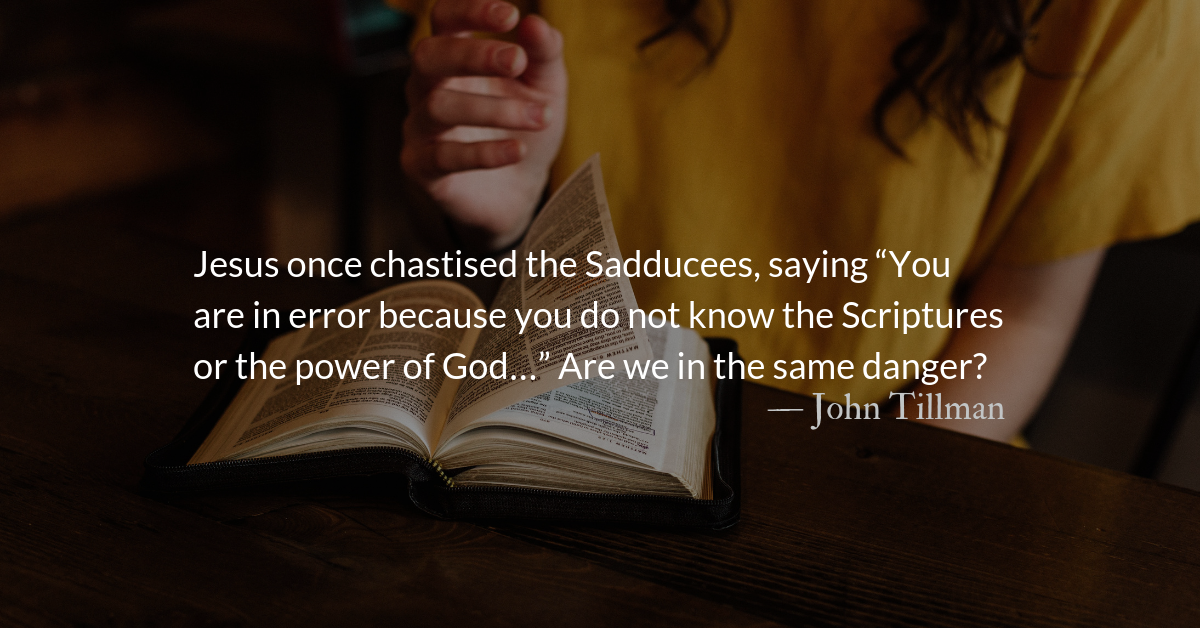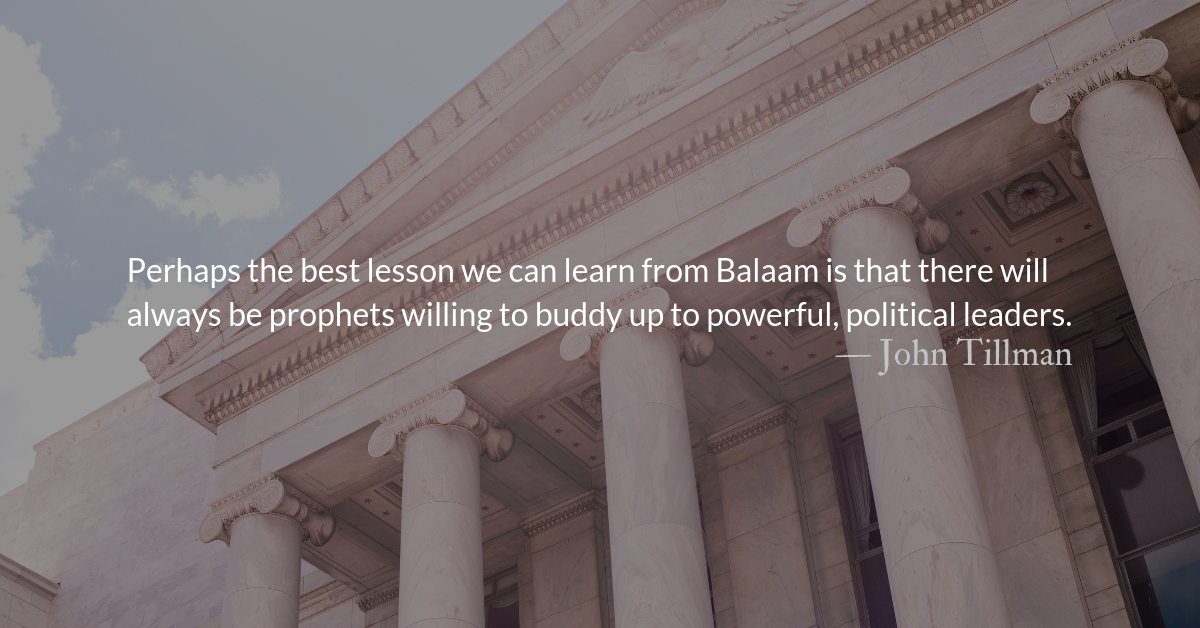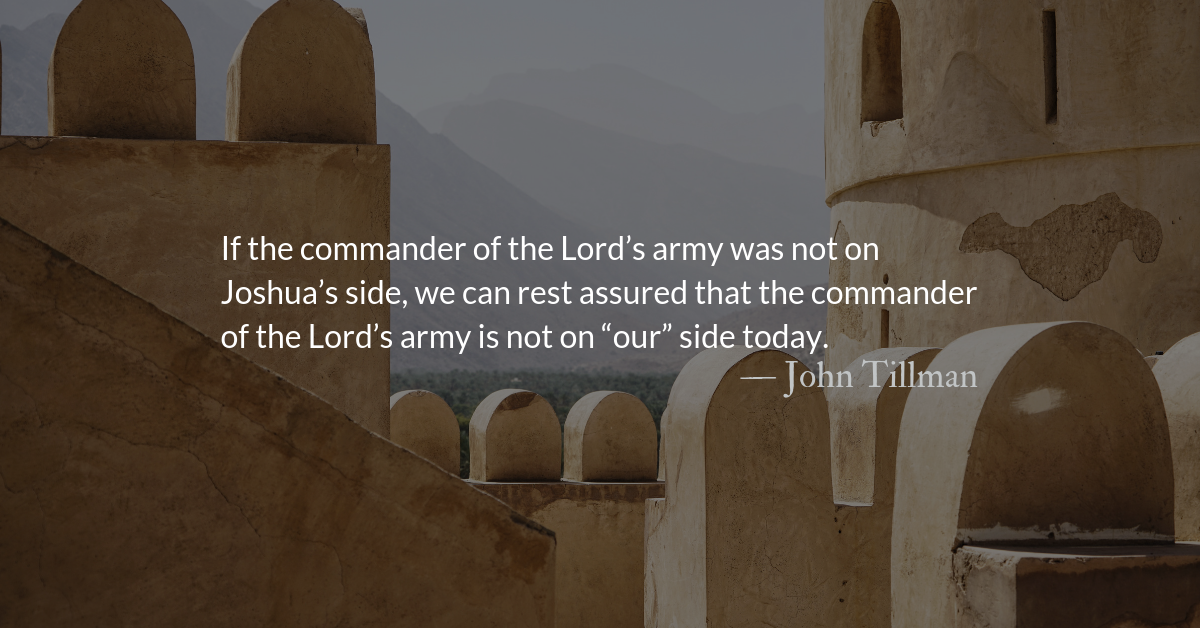Selected by reader, CJS
It is so hard in this world today to not see the injustices around us—every single day. Some days I don’t even want to read the news feeds or listen to the TV. Injustice is everywhere. This post helped me bring my own personal struggle with this entire topic into a spiritual zone. It calmed me and helped me think more clearly about the whole subject. The title is so very appropriate!
The next time we think, “someone has to pay,” may we also hear the voice of Christ speak within us saying, “I will pay. It is finished. Forgive them. They know not what they do.”
Scripture Focus: Psalm 137.4-6
How can we sing the songs of the Lord
while in a foreign land?
If I forget you, Jerusalem,
may my right hand forget its skill.
May my tongue cling to the roof of my mouth
if I do not remember you,
if I do not consider Jerusalem
my highest joy.
Reflection: Our Least Favorite Commandment :: Readers’ Choice
Originally published July 5th, 2019
By John Tillman
When violence or injustice harms those close to us, we typically react with admirable compassion toward the victims. “Even sinners do that.”
What is more revealing of a heart shaped by Christ is how we act toward perpetrators. Down in the comment streams below fundraisers and bake sales, you will also find our baser instincts. You will find those vowing violence against the perpetrators. You will find those calling for merciless application of the fullest extent of the law’s punishment. You will find those wishing prison rape on the attackers.
All hearts shaped by our violent culture react this way. Even Christian communities react this way—sometimes when they have only been attacked with harsh words. There is, perhaps, no commandment of Jesus that we flout with more impunity than, “do good to those who hate you.”
Our first instinctive thought regarding injustice is, “someone has to pay.” And we prefer “justice” done by our own hands, in our own way.
In scripture there are often violent men and calls for violent actions. Psalm 137 has long been struggled over by faithful believers as almost too terrible to exist in the same Bible with Psalm 139 that speaks tenderly of life in the womb. (Yet, even Psalm 139 calls for the death of the wicked.)
Speaking of this most violent of Psalms, Charles Spurgeon recognized that as bitter as the psalmist’s cry is, he still is relinquishing his own anger to be tempered by God into the sword of justice and administered by God at a time of his own choosing.
“We may rest assured that every unrighteous power is doomed to destruction and that, from the throne of God, justice will be measured out to all whose law is force, whose rule is selfishness, and whose policy is oppression…shall despots crush virtue beneath their iron heel and never be punished? Time will show.” — Charles Haddon Spurgeon
Injustice is before us, behind us, beneath us, and above us. Yet we rest assured that Christ who is before us, behind us, beneath us, and above us sees it too. God has given judgment to the Son and he will carry it out. All “whose policy is oppression,” will answer to the judgment of Christ.
The next time we think, “someone has to pay,” may we also hear the voice of Christ speak within us saying, “I will pay. It is finished. Forgive them. They know not what they do.”
Divine Hours Prayer: The Greeting
I will give thanks for what you have done and declare the goodness of your Name in the presence of the godly. — Psalm 52.9
– From The Divine Hours: Prayers for Summertime by Phyllis Tickle.
Today’s Readings
1 Samuel 5-6 (Listen – 6:03)
Romans 5 (Listen – 3:53)
Thank You!
Thank you to our donors who support our readers by making it possible to continue The Park Forum devotionals. This year, The Park Forum audiences opened 200,000 free, and ad-free, devotional content. Follow this link to join our donors with a one-time or a monthly gift.
Submit a Readers’ Choice
Let our community hear how your faith has grown. What post caused you to think?
Read more about Choosing Gentleness Over Violence
Our verbal hyperbole is being borne out in actions…online opinion, that leads to opposition, that leads to violence or threats of violence.











